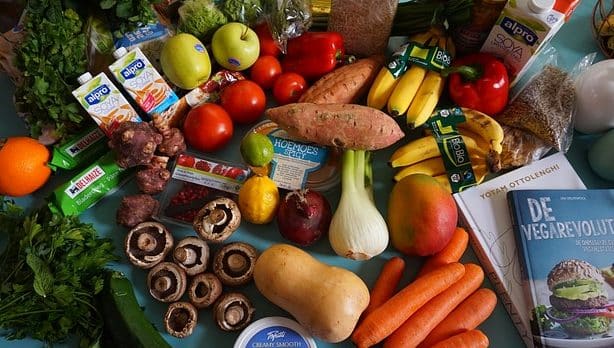Applying for SNAP Benefits in the U.S. Living in the United States or its Territories and facing financial struggles? You might be eligible for SNAP benefits, even if you’re employed. The Supplemental Nutrition Assistance Program (SNAP) is designed to assist underprivileged families in purchasing groceries.
Eligibility for SNAP is determined by your gross income, which must be below 135% of the U.S. Federal Poverty Guidelines. Since the 2008 recession, there’s been a significant increase in individuals seeking financial aid. Many have lost jobs, and finding new employment has been challenging.
There’s often a misconception that those receiving government aid are lazy or unwilling to work. However, it’s crucial to recognize that many hardworking individuals struggle to provide for their families. In a prosperous country like the U.S., no one should hesitate to seek help.
About SNAP Benefits
SNAP benefits, formerly known as Food Stamps, provide low-income families with an EBT Card for grocery purchases. Post-2008 recession, the reliance on government assistance, including food stamps, has grown. If you meet the financial criteria, don’t be embarrassed to apply for this support.
If you’re already receiving aid from government agencies, you may also be eligible for SNAP. Applications can be made online or at a public library if you don’t have personal computer access (a library card is required to use library services). Visit the SNAP website, find your city, and download an application to apply.
Determining Your Eligibility for SNAP
You qualify for SNAP if your family’s income exceeds 135% of the national poverty level. An online eligibility screening system can help you assess your situation. Enter your family size and total income; the system will indicate eligibility.
Expedited food assistance is available for those in immediate need, particularly if you have small children or are elderly or disabled, providing quicker processing of your SNAP request.
Many Social Services offices offer a pantry service, providing immediate groceries. Non-emergency applications can be downloaded, emailed, or faxed to your local Food Stamp Office. Additionally, if someone in your household benefits from specific programs, you may qualify for SNAP.
- Medicaid
- Supplemental Security Income (SSI)
- Federal Public Housing Assistance (Section 8)
- Temporary Assistance for Needy Families (TANF)
- Low-Income Home Energy Assistance Program (LIHEAP)
- National School Lunch Program’s Free Lunch Program (NSL)
- Supplemental Nutrition Assistance Program (SNAP) Food Stamps
What To Do if You Don’t Qualify?
It can be not very encouraging if you need help and are denied because you make a few dollars too much. You may need to seek help from other agencies. The Federal government grants community organizations to distribute assistance to those in need. You may also get help from a church or religious organization. Do a little research to find resources for you and your family from:
Conclusion
The statistics about poverty and SNAP benefit use emphasize the program’s key role. SNAP serves as a vital safety net for those in economic hardship. The trends in SNAP use reveal much about economic inequality. They also show how well the program adapts to economic changes. Thus, SNAP is a crucial part of combating poverty. It ensures access to food and nutrition for those who need it most.


Contact Catholic Charities, Salvation Army, Goodwill, to register people for help.